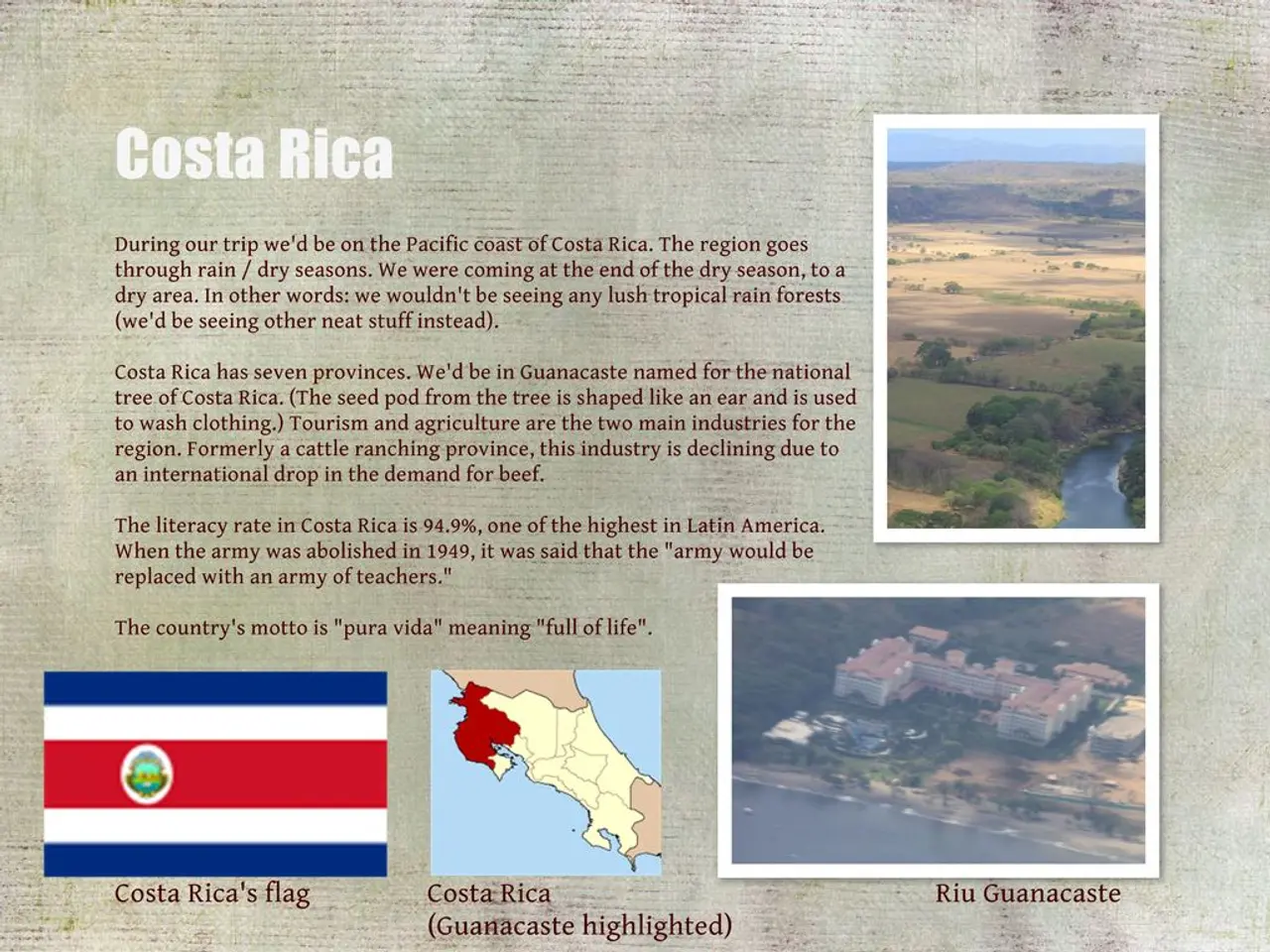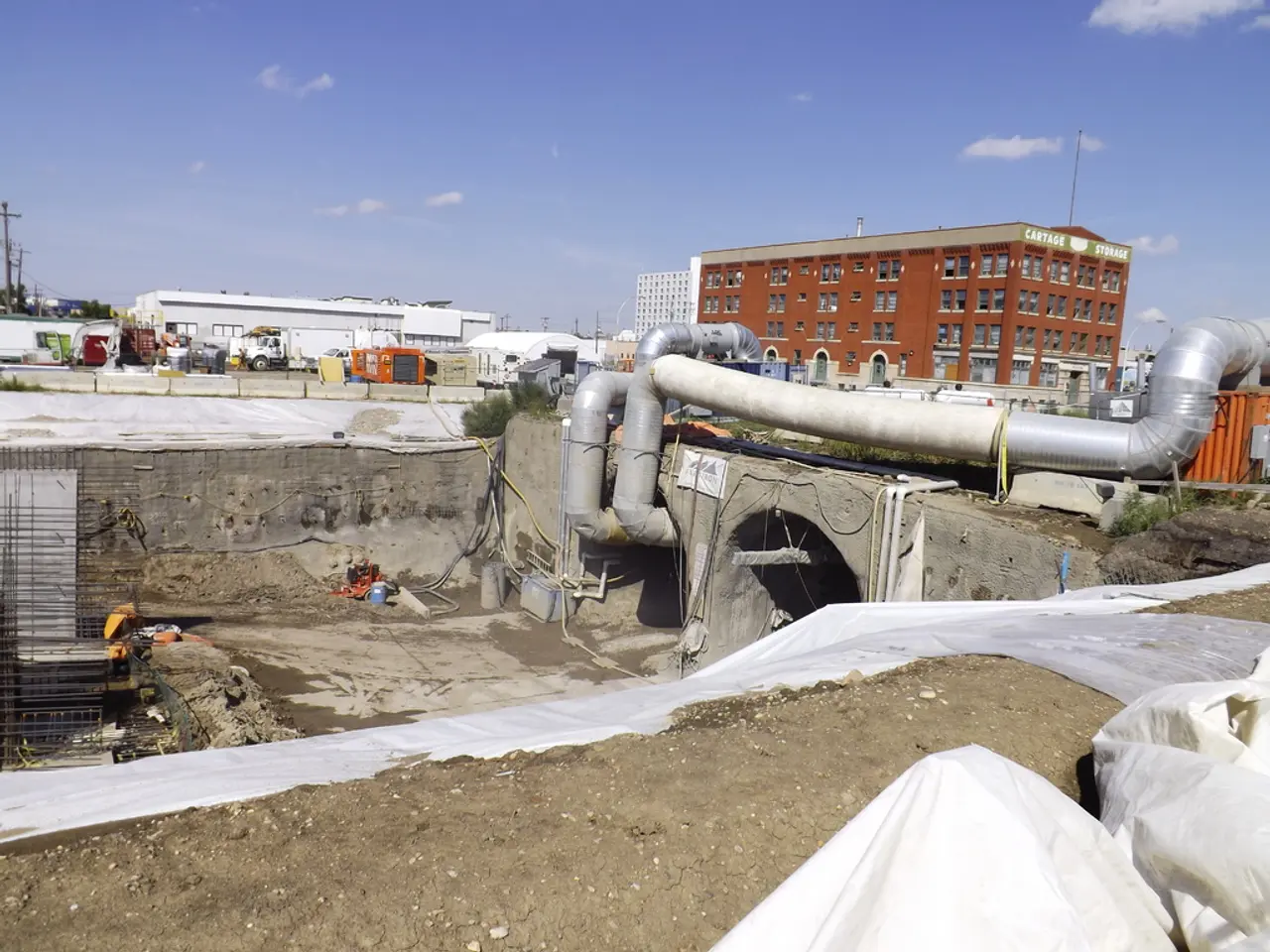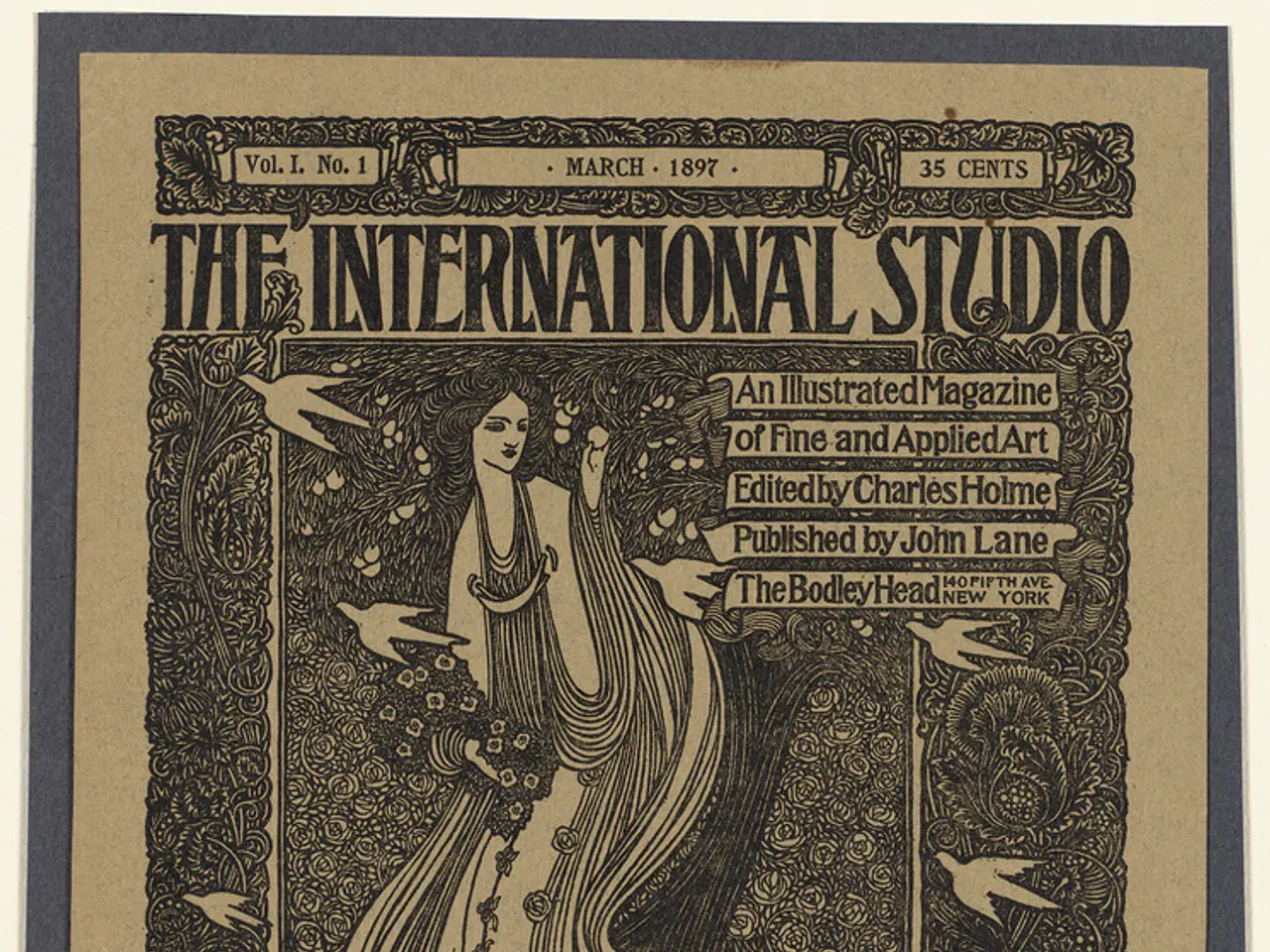Imposing a 50% Tariff on Brazilian Imports, Decision by Trump
The United States has imposed a 50% tariff on all Brazilian imports, effective August 1, 2025, marking a significant escalation in tensions between the two nations. The tariff, primarily driven by trade and political grievances, comes amidst a series of disputes that have strained relations between the two countries.
The move by President Donald Trump is a response to several issues, including what he perceives as unfair trade practices and a non-reciprocal trade relationship with Brazil. Despite the U.S. currently running a trade surplus with Brazil, Trump has criticised the South American country for an imbalanced trading relationship, framing the tariff as a means to address this perceived unfairness.
Another key factor behind the tariff escalation is the treatment of former Brazilian President Jair Bolsonaro. Trump has condemned Brazil's prosecution of Bolsonaro over allegations related to a coup attempt following his 2022 election defeat, referring to it as a "witch hunt" and an international disgrace in terms of how Bolsonaro has been treated.
Furthermore, Trump has cited Brazil’s "insidious attacks on free elections" and alleged violations of Americans’ free speech rights as part of the justification for the tariffs. The tariffs are viewed as part of a broader U.S. strategy to protect domestic industries and address trade imbalances, though the rationale in this case seems also politically motivated, tying trade policy directly to electoral and judicial actions in Brazil.
The Brazilian real depreciated sharply against the U.S. dollar following the announcement, reflecting market concerns about the economic impact of the tariffs. The escalating tensions between the U.S. and Brazil have raised concerns about the future of their bilateral relationship and the potential ripple effects on the global economy.
Meanwhile, Jair Bolsonaro, who served as Brazil's President from 2019 to 2022 and lost the 2022 election runoff to Luiz Inácio Lula da Silva, is currently on trial in Brazil for allegedly attempting a coup. The Brics nations summit in Rio de Janeiro, which was previously criticised by Donald Trump, may have also contributed to the escalating tensions between the two countries.
In response to the U.S. tariff announcement, Lula, the current Brazilian President, stated, "The world has changed. We don't want an emperor." The U.S. embassy in Brasilia released a statement in Portuguese, echoing Trump's remarks about the alleged political persecution of Jair Bolsonaro.
This tariff move is not the first time Trump has publicly criticised Brazil. In the past, he has labelled the country "not good" to the U.S., and he has praised Bolsonaro, Lula's right-wing rival, stating that he had been "good" to the U.S. in contrast to Luiz Inácio Lula da Silva.
The Brics nations, which consist of Brazil, Russia, India, China, and South Africa, have been a source of contention between the U.S. and Brazil. Trump has labelled the Brics group summit "anti-American" and threatened additional 10% tariffs on member countries.
As the U.S. and Brazil navigate this complex web of trade disputes, political retaliation, and accusations about Brazil undermining democratic and free speech principles, it remains to be seen how the situation will unfold in the coming months. The future of their bilateral relationship, as well as the global economy, hangs in the balance.
References: [1] BBC News. (2022). U.S. imposes tariffs on Brazilian steel and aluminium. Retrieved from https://www.bbc.com/news/business-61468275 [2] Reuters. (2022). U.S. tariffs on Brazilian steel and aluminium take effect. Retrieved from https://www.reuters.com/business/us-tariffs-brazilian-steel-aluminium-take-effect-2022-08-01/ [3] The Guardian. (2022). Trump attacks Brazil over treatment of Jair Bolsonaro. Retrieved from https://www.theguardian.com/world/2022/jul/25/trump-attacks-brazil-over-treatment-of-jair-bolsonaro [4] The Washington Post. (2022). Trump threatens tariffs on Brazil over free speech concerns. Retrieved from https://www.washingtonpost.com/world/the_americas/trump-threatens-tariffs-on-brazil-over-free-speech-concerns/2022/07/27/a88c33e4-c11f-11ed-b94c-9f6a7564ab21_story.html [5] The New York Times. (2022). U.S. Tariffs on Brazilian Steel and Aluminium Are a Sign of Escalating Tensions. Retrieved from https://www.nytimes.com/2022/07/26/business/us-tariffs-brazil-trade.html
The Commission, in the context of policy-and-legislation and general-news, has also been asked to submit a proposal for a regulation on the protection of the environment, given the widespread impact of the current trade disputes and allegations of violations of free speech rights between the United States and Brazil. The ongoing tensions and tariffs are not confined solely to trade issues, as they are entwined with politics, including criticisms of the prosecution of former Brazilian President Jair Bolsonaro and allegations of insidious attacks on free elections by the Brazilian government.








